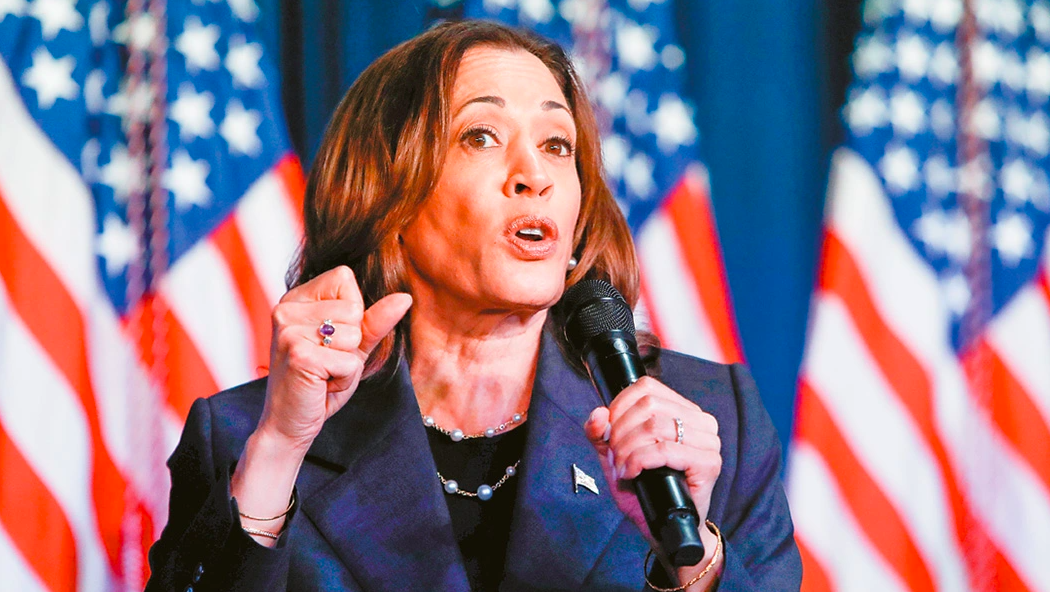A Multifaceted Persona
To many Americans, she seems like a politicized Beyoncé. To others, she appears as a stern prosecutor addressing juries. To yet others, she is seen as a militant activist fighting for her ideals. In reality, Kamala Harris, now 59 and officially the Democratic nominee for the November elections, is facing the biggest challenge of her life: to claim, with personal integrity, exhaustive self-awareness, and a generous dose of ambition, that she could become the first Black female president in the history of the USA.
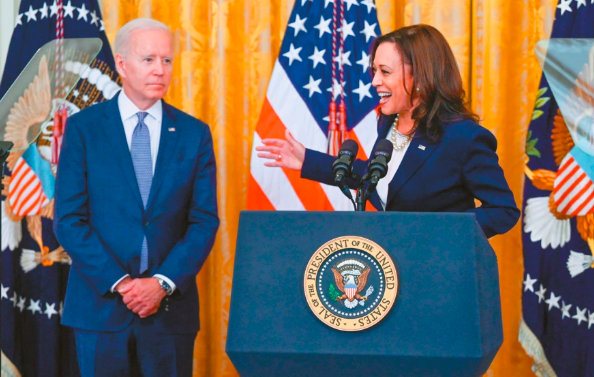
A Historic Candidacy
This feat, once considered unthinkable, is now within reach. With 92 days before the presidential election on November 5 and substantial financial backing, she exudes the confidence of a successful, extroverted Black woman. Harris has spent two decades in public and political life, accruing a long list of distinctions and firsts. She was the first Black woman elected attorney general in California, the first Indian-American senator from the state, and the first African-American and Asian-American to serve as vice president since 2021.
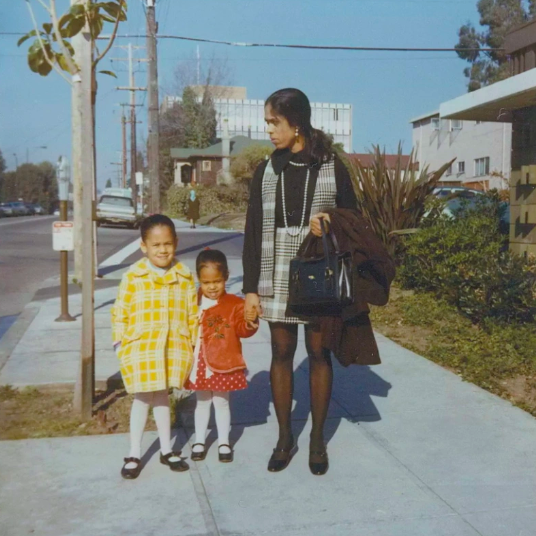
Personal Background
Kamala Harris is also the first presidential candidate to launch her campaign for the White House so late. Her journey is remarkable for the daughter of Indian Shyamala Gopalan and Jamaican Donald Harris, both graduate students in 1960s America. Born in Oakland on San Francisco Bay, she was named Kamala, meaning “lotus” in Indian. Raised in Berkeley, where her parents were students, she was often taken to civil rights protests as a baby.
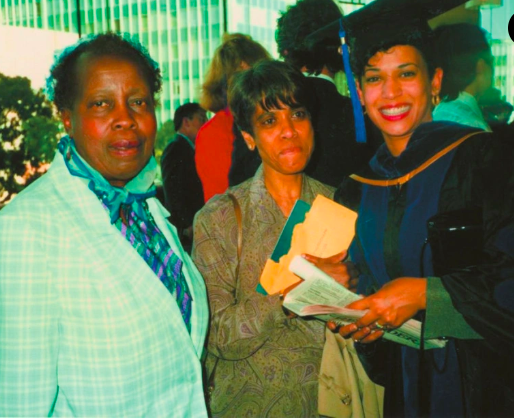
After her parents divorced when she was seven, Harris moved with her university researcher mother and younger sister, Maya, to Montreal. She finished high school there and studied at Howard University in Washington, D.C., later earning a law degree from the University of San Francisco. At 28, she had become a striking woman, proud of her skin color and multicultural background, standing out in liberal San Francisco.
Judicial Career
Aware of the injustices of racial discrimination and social inequalities, Harris pursued a career in the judiciary, first in the Oakland District and then in San Francisco. Her goal was to reform the Criminal Justice system from within. She took on predatory mortgage lenders and vested interests in public corruption, showing a firm stance. Praised by liberals for her progressive stance as a prosecutor, especially her opposition to the death penalty, she was also criticized for proposing harsh sentences for gang violence, drug trafficking, and sexual abuse. During her tenure, conviction rates soared, shaping her character within the legal system.
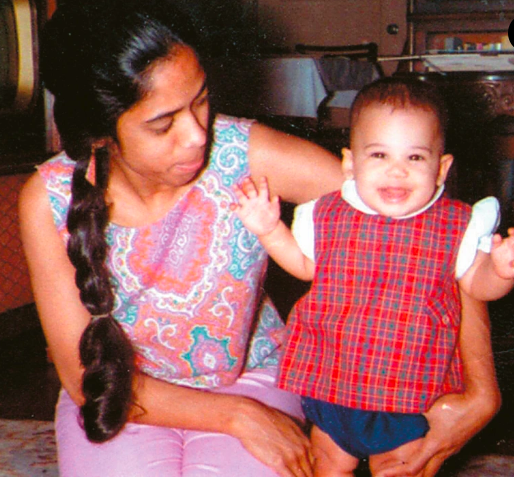
The “Female Obama”
In courtrooms, Harris learned to speak directly, a trait she carried into her role as a California senator from 2016. Unafraid of political repercussions, she avoided vagueness and ambiguity. Even as vice president, she boldly supported women’s right to abortion, a topic President Joe Biden, a devout Catholic, hesitated to address.
Kamala Harris is far from an ordinary vice president, displaying her unique style and strength in her political journey.
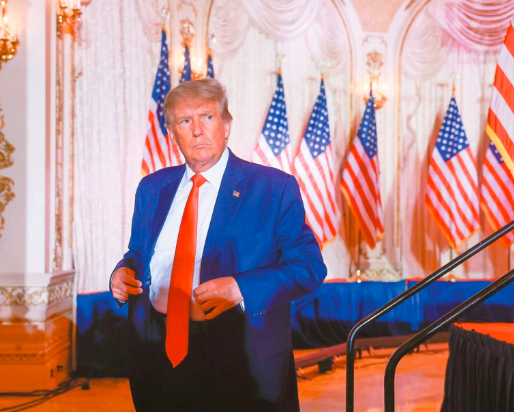
Ask me anything
Explore related questions
